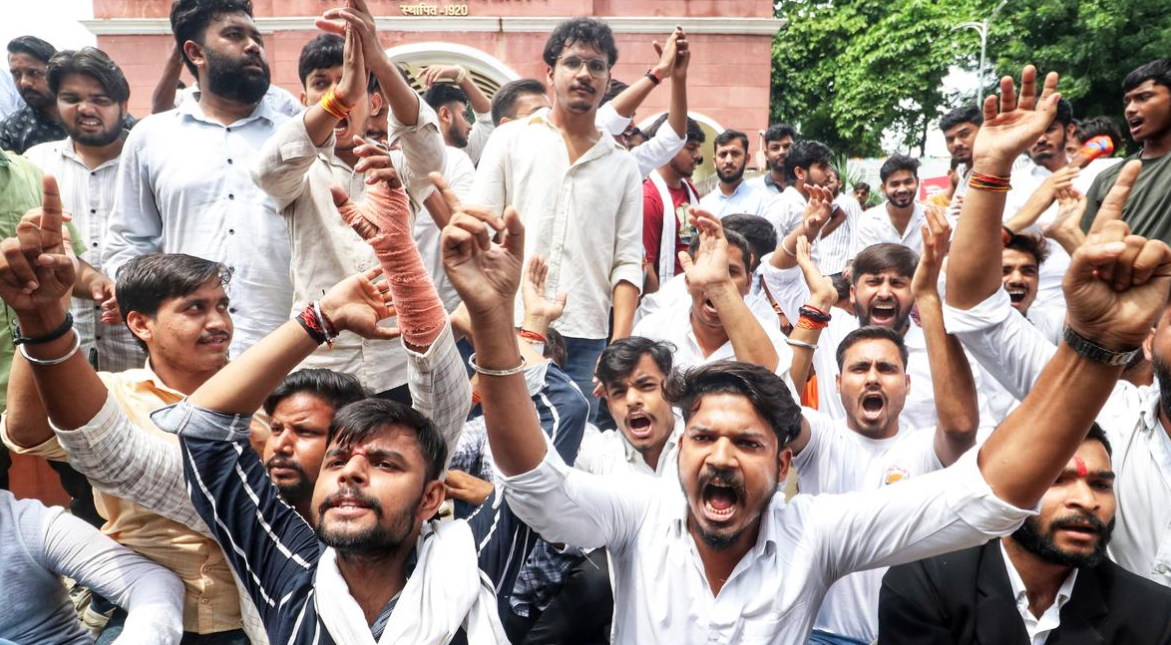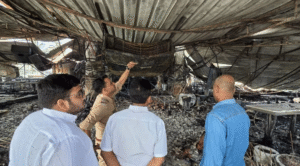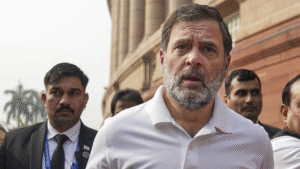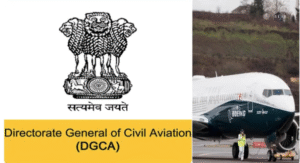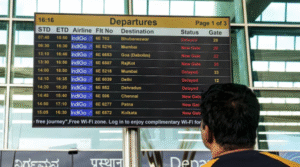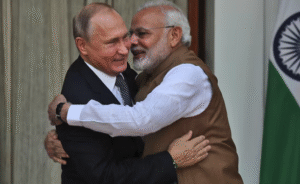Barabanki ABVP lathi charge triggered a fresh political storm in Uttar Pradesh. BJP leader Brij Bhushan Sharan Singh condemned the police action against Akhil Bharatiya Vidyarthi Parishad (ABVP) workers during a protest in Barabanki. He strongly criticized the incident and called it unjustified.
Singh went further, targeting Suheldev Bharatiya Samaj Party (SBSP) chief and Uttar Pradesh minister OP Rajbhar. He labeled Rajbhar a “weak man” and accused him of mishandling issues. Transitioning from protest to politics, Singh’s comments highlighted growing differences within the ruling coalition, especially on matters concerning youth organizations like ABVP.
The ABVP protest Barabanki incident began when students raised their voices over educational and administrative issues. Police intervened to disperse the crowd, which led to a lathi charge. Videos of the clash quickly spread across social media, sparking outrage among students and political supporters.
Brij Bhushan Sharan Singh expressed solidarity with ABVP workers and demanded accountability for the use of force. He stated that peaceful protests should not invite police brutality. His remarks also reignited debates about the state government’s approach to handling student movements and dissent.
The Barabanki ABVP lathi charge controversy has now become a rallying point for opposition leaders, who accuse the government of suppressing student voices. Meanwhile, allies within the ruling coalition appear divided, as Singh’s remarks directly challenge OP Rajbhar’s leadership.
Observers believe the incident could deepen rifts within the political alliance ahead of upcoming elections. With youth unrest on the rise, leaders face the challenge of addressing grievances without escalating tensions.
Barabanki ABVP lathi charge may have started as a local protest, but it has evolved into a wider political battle with long-term implications for Uttar Pradesh politics.


